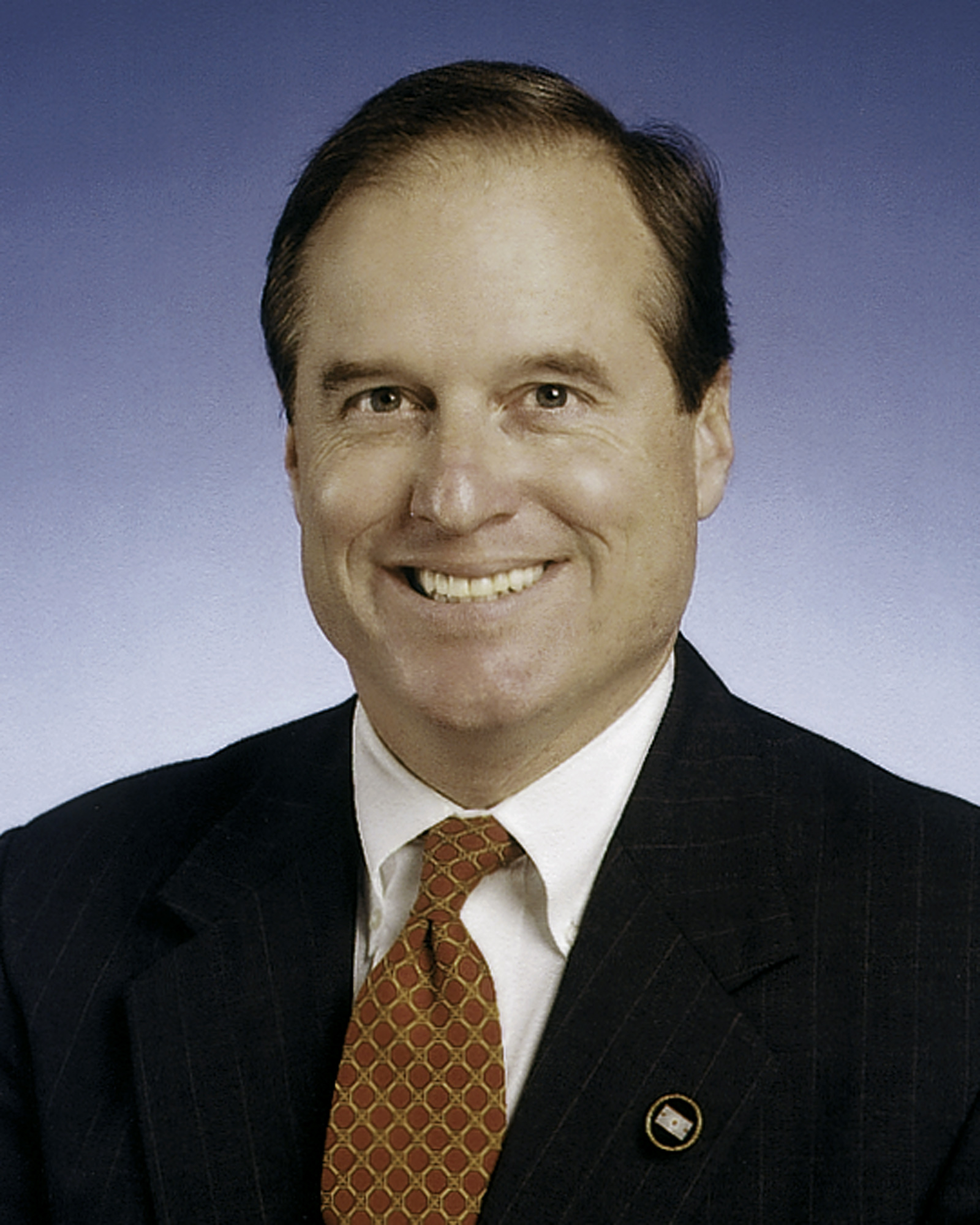The government shutdown of America's most visited national park is costing tourism businesses in East Tennessee and Western North Carolina more than $3.3 million a day, prompting the state of Tennessee to consider how it might reopen its biggest national park.
The two-week-old partial shutdown of the federal government due to the budget impasse in Washington D.C. has forced the closing of the Great Smoky Mountains National Park, which typically draws 26,577 visitors a day in Tennessee and 10,335 visitors a day in North Carolina.
Steve Morse, director of the Western Carolina University's hospitality and tourism program, estimates the shutdown of the Great Smoky Mountains park already has cost more than $12 million in lost wages for workers, nearly $2 million in lost state taxes and more than $1 million in lost local taxes for municipalities and counties.
"The Great Smoky Mountains National Park is the most visited national park in the United States, and October is the third busiest month of the year for park visitation and the second highest month for Gatlinburg hotels," Morse said. "The shutdown is having a major impact on gateway communities like Gatlinburg and Pigeon Forge."
Morse estimates Tennessee is losing $130,567 a day in state taxes, or more than double the estimated $60,000 a day cost to keep the national park open.
State Sen. Doug Overbey, R-Tenn., is urging the state to pay the federal government to reopen the Great Smoky Mountains while the federal shutdown continues, similar to what a half dozen other states have done to keep their biggest national parks open.
"It's something I definitely think Tennessee should move forward on simply because the economics make sense," Overbey said Monday. "I'm hoping we can move ahead as a state so that we can make sure the park is open by this weekend."
Matt and Sarah Bernard of Signal Mountain are among many visitors hoping the park reopens for their fall break vacation next week.
"We decided this fall to spend some time at a cabin in Townsend, and we're hoping by next week this is resolved so our family can go hiking and do all of the things we planned on doing at the park," Sarah said. "It's a beautiful park and going there was definitely at the top of our list when we booked the trip."
Tennessee Gov. Bill Haslam said Monday that talks between the state and U.S. Parks Service about reopening the Great Smoky Mountains park concluded just before 5 p.m. on Friday, with the federal government saying the state would have to wire the money in order for the parks to open. The governor said that banks were already closed at that point.
Haslam called the North Carolina governor's office on Monday and is reportedly working on a deal to allow the states to pay for keeping the Great Smoky Mountains park open until the federal government shutdown ends.
The government shutdown also is keeping visitors out of the Chickamauga National Military Park in Chattanooga and the campgrounds and visitors centers in the Cherokee National Forests in Polk County, Tenn. Morse said those closings also are likely to hurt tourism, but the impacts are far less and a spokesman for Gov. Haslam said the state isn't working with the federal agencies or Georgia to try to reopen those parks at this time.
Haslam spokesman David Smith said those areas "haven't been part of the conversations" since they attract far fewer visitors, especially during October, and generate only a fraction of the tourism spending produced by the parks in Sevier and Blount counties in East Tennessee.
"There has been some impact by the park closings on events like the Society of Environmental Journalists conference and last weekend's sesquicentennial Civil War celebration," said Bob Doak, president of the Chattanooga Area Convention and Visitors Bureau. "But with all of the events we had going on over the weekend, our hotels downtown were full and we did very well."
But Doak and other tourism leaders worry that a prolonged shutdown will hurt Tennessee, which attracts millions of visitors a year because of its outdoor attractions in and around the national parks, forests and military across the Volunteer State.
"This never should have happened if the folks in Washington would operate under a budget like we do in Tennessee and every other state," Overbey said. "But I'm not willing to wait on the federal government to fix this problem."
The Associated Press contributed to this report.
Contact Dave Flessner at dflessner@timesfreepress.com or at 757-6340.


